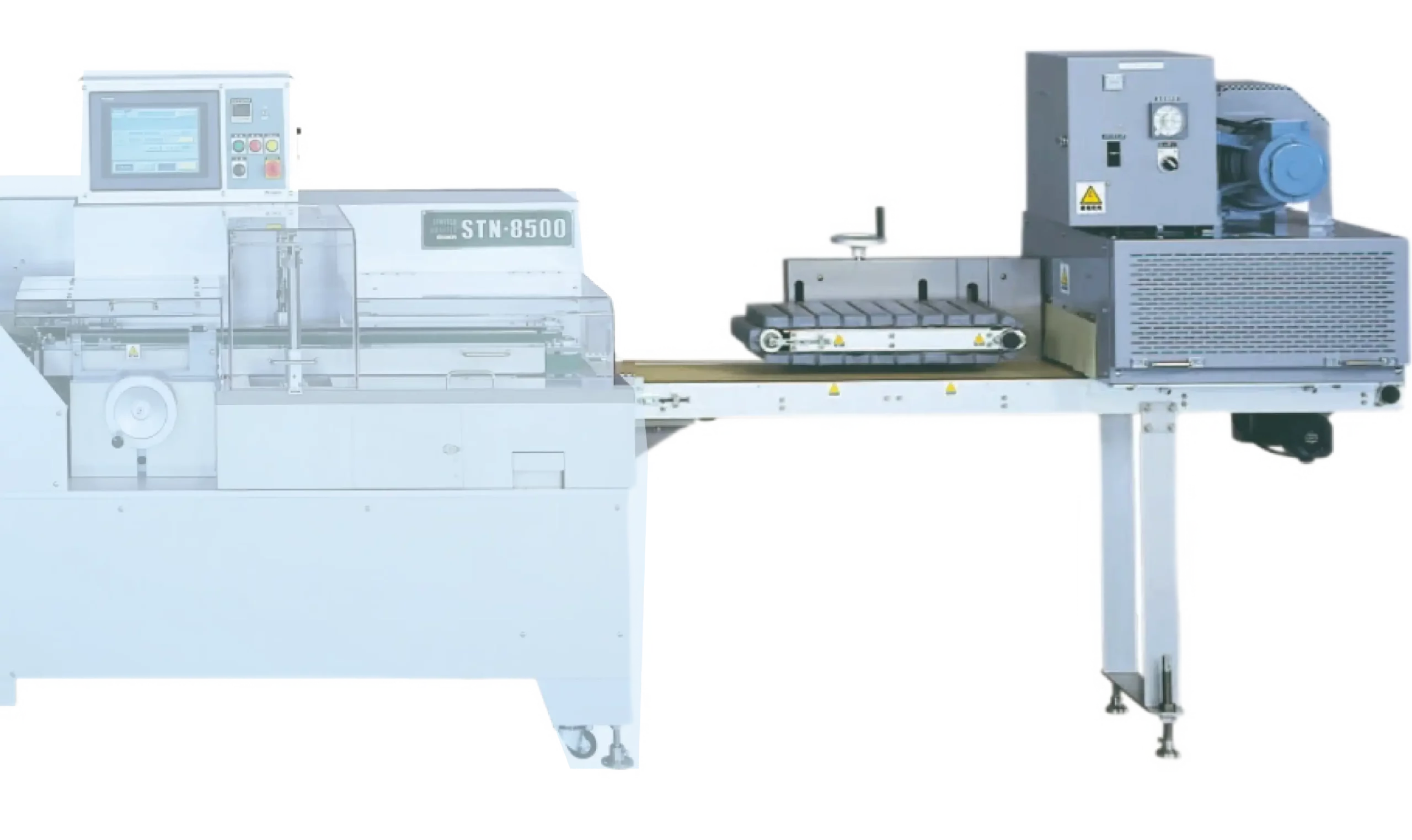
Meeting Consumer Demand for Sustainable Food Packaging
In today’s food packaging landscape, sustainability is no longer optional — it’s a priority. Consumers are actively seeking out products with eco-friendly packaging, and businesses that adapt are not only meeting this demand but also securing a competitive edge. A recent survey* revealed that across all age groups, 82% of consumers are willing to pay more for sustainable packaging, a figure that has grown year-over-year since 2021. For Gen-Z shoppers, that number rises to a staggering 90%, underscoring the shift in purchasing priorities.
Moreover, 71% of consumers have chosen a product in the last six months based on its sustainability credentials. These statistics reflect a clear message: food packagers need to adapt to meet consumer demand for greener solutions or risk falling behind.
Why PVC Dominates Tray Overwrapping
For decades, PVC film was the go-to material for tray overwrappers. Its exceptional ability to grab, stretch, and form tightly around trays made it indispensable for packaging fresh food products like meat, poultry, and produce.
In addition to its functional benefits, PVC film delivered aesthetically pleasing results, enhancing product presentation on retail shelves. However, it comes with some environmental drawbacks — it’s not recyclable and releases harmful emissions during production and disposal.
As sustainability becomes a key focus for consumers, the search for eco-friendlier food packaging options has grown more urgent.
PE Film: A More Sustainable, But Initially Flawed, Alternative
Polyethylene (PE) film is more sustainable compared to PVC film. It is recyclable and releases fewer harmful chemicals during production and disposal. However, food packagers historically avoided it due to known performance issues. PE film struggles to grab, stretch, and conform to trays as effectively as PVC film. Indentations or pressure marks on PE film can remain, affecting product presentation and buyer interest.
These shortcomings made it difficult for food packagers to embrace PE film, despite its sustainability advantages. Enter: the Omori Heat Tunnel.
How Omori’s Heat Tunnel Unlocks PE Film’s Potential
Omori’s Heat Tunnel innovation solves the historical issues with PE film, making it a viable — and highly effective — alternative to PVC film for tray overwrapping.
Revolutionizing PE Film Performance
By optimizing airflow, heat distribution, and film control, our Heat Tunnel machine ensures PE film performs on par with PVC film in tray overwrapping applications:
- Tight Seals and Forming: PE film now stretches and conforms seamlessly, creating secure, visually appealing packaging.
- Eliminating Memory Issues: Indentations no longer persist, allowing packaged products to maintain a polished and professional appearance.
A Sustainable Choice Without Compromise
With Omori’s Heat Tunnel machine, food packagers can confidently switch to PE film, meeting consumer demand for sustainable packaging while preserving the efficiency and quality of their tray overwrapper operations.
Drive Your Food Packaging Toward a Greener Future
The shift toward sustainability is more than a trend — it’s a necessity for staying competitive in today’s market. By combining PE film with Omori’s Heat Tunnel machine, food packagers can reduce their environmental impact, meet evolving consumer expectations, and maintain high-performance packaging standards.
Ready to lead the way in sustainable food packaging? Contact Omori North America to learn how our Heat Tunnel and PE film solutions can keep you competitive and satisfy consumers.
*Data available upon request
Contact Us
Have questions? Our team of customer care experts are standing by to help craft an efficient solution for your business. Complete the form below and an Omori representative will be in touch.
Our Headquarters
28 Simpson Rd
Bolton, ON
L7E 1G9
Local: 905-857-7880
Toll Free: 1-888-379-4742
Contact Sales
Get in touch directly with our sales team by calling 1-888-379-4742 or via email at sales@omori-na.com.